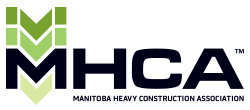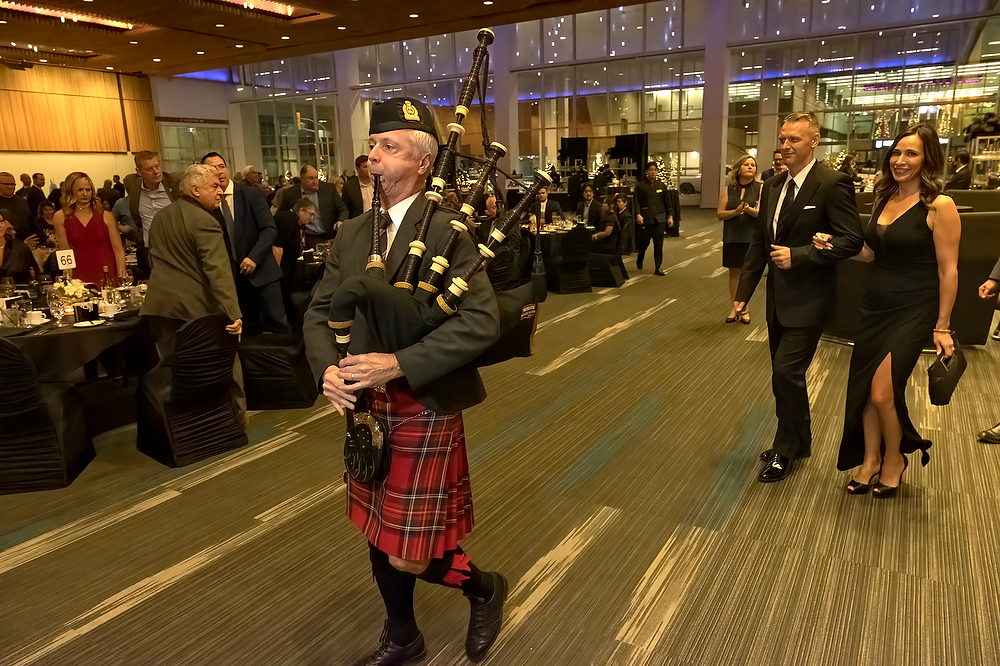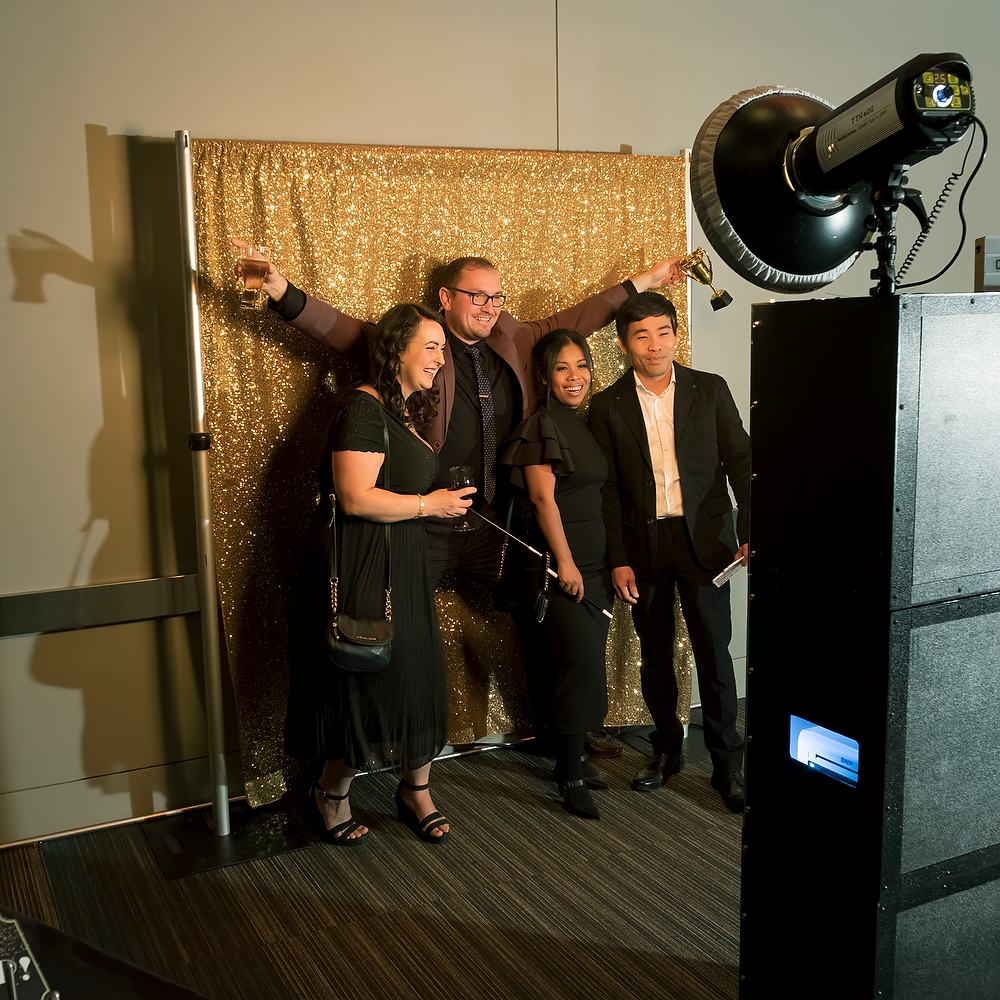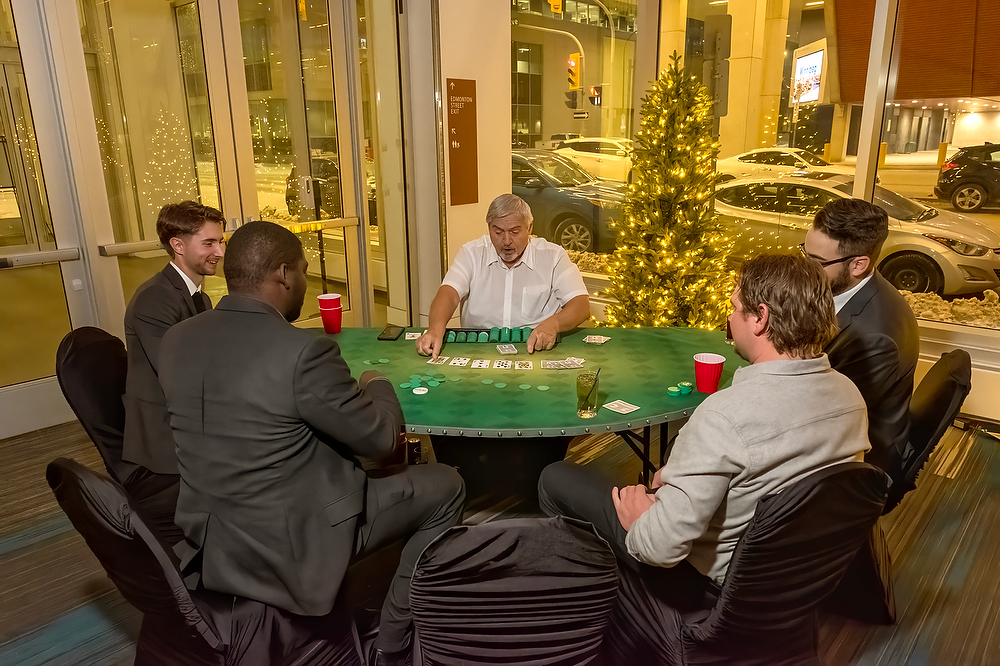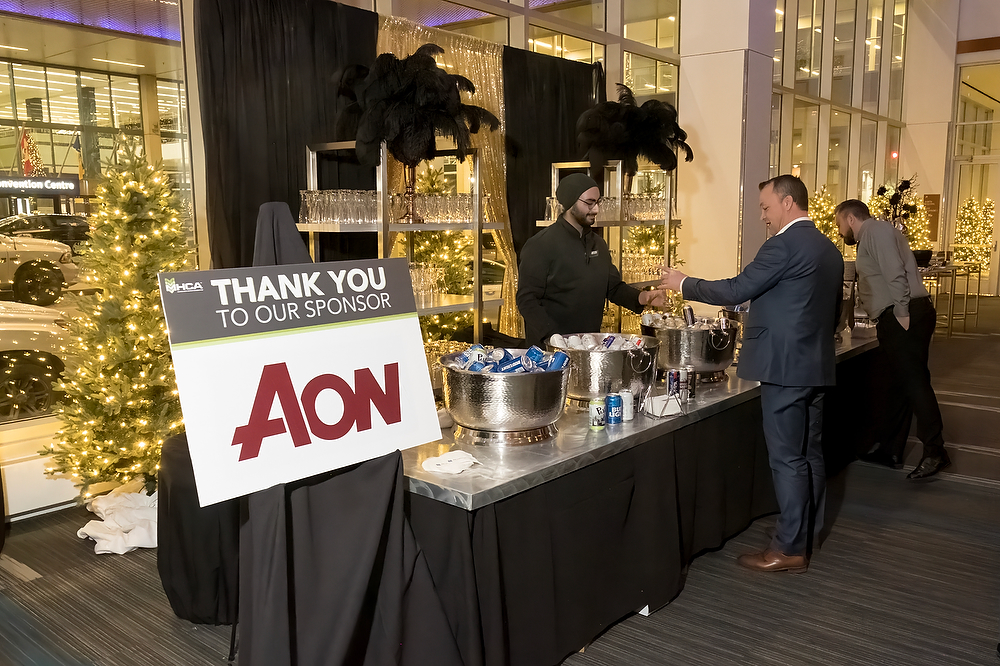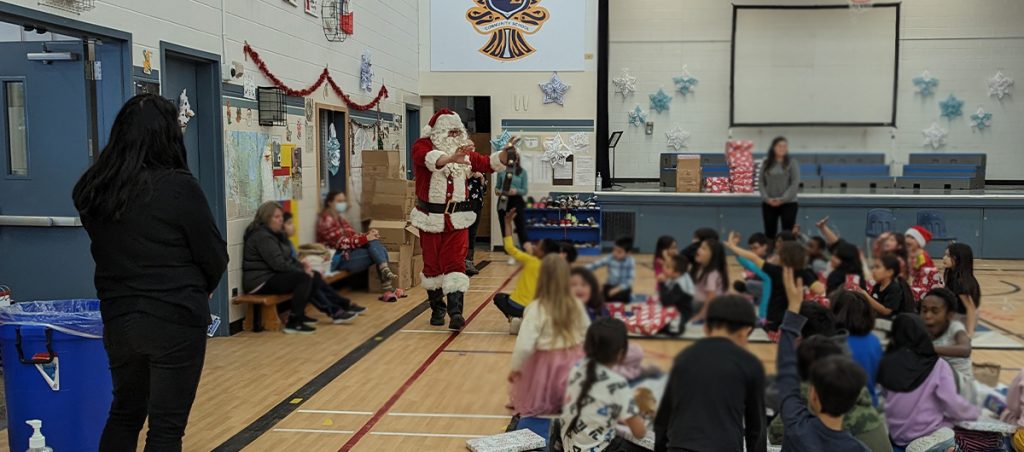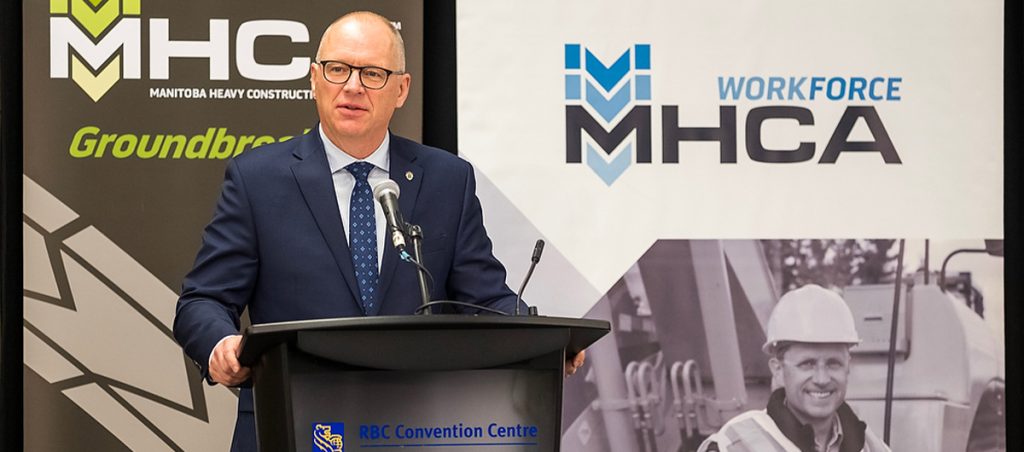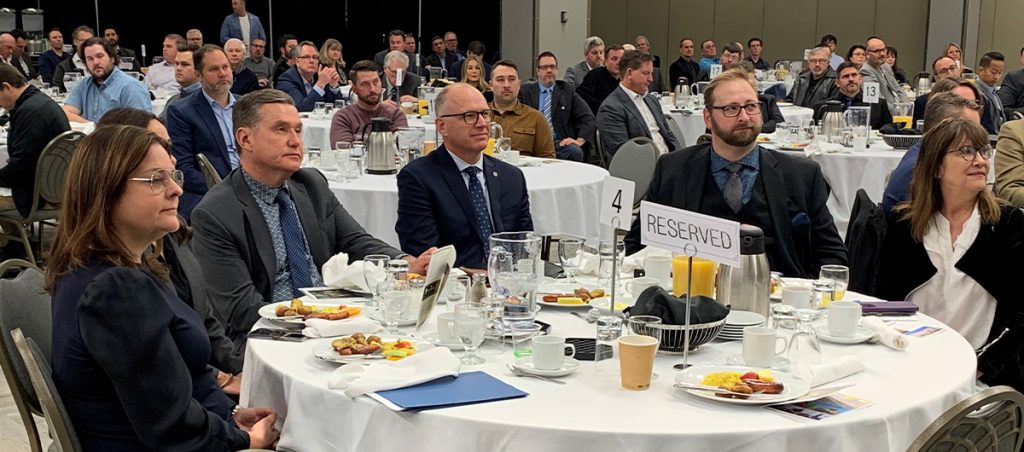Indigenous peoples continue to suffer impact of colonial violence: Inuk leader
Canadians can take a meaningful step toward reconciliation by recognizing – and addressing – the four pathways through which violence continues to threaten Indigenous women, girls and two-spirited+ peoples on a routine basis, an Inuk woman told the fifth signing ceremony of the Winnipeg Indigenous Accord June 27.
Without the recognition of these pathways, the security of Indigenous women, girls and two-spirited+ people will continue to be at risk, Nikki Lomaksiutiksak told the gathering of the 30 new signatories and standing partners to the accord, gathered for the signing ceremony at the Forks Oodena Circle. MHCA was represented by Vice-chair Dennis Cruise and President Chris Lorenc.
The four pathways that continue the impact of colonial violence, as detailed in the report of the National Inquiry of MMIWG, are:
- historical, multigenerational and intergenerational trauma
- social and economic marginalization
- maintaining the status quo and institutional lack of will, and
- ignoring the agency and expertise of Indigenous women, girls and 2SLGBTQQIA people.
Komaksiutiksak, executive director of an Inuit resource centre in Winnipeg called Tunngasugit, joined other distinguished Indigenous guests at the circle to speak to the gathered signatories, City Councillors and Mayor Brian Bowman for the ceremony. Tunngasugit is a new signatory to the WIA and Komaksiutiksak, a throat singer, performed for the crowd.
Resolving the history, legacy and continuing impact of racist and destructive colonial policies also demands that services required are developed and led by Indigenous people within the communities, she noted.
The ceremony was the last for Mayor Brian Bowman who has announced he will not run again as mayor in the October 26, 2022, municipal election.
Bowman said he was proud of the work that has been done and commitment embraced by Winnipeg’s business, arts, education, health and non-profit sectors – illustrated by the number of signatories who attended the ceremony Tuesday.
Some of the highlights of the City of Winnipeg’s own commitment, he said, have included the renaming of public spaces to honour Indigenous people – such as the renaming of Wellington Park after Theodore Niizhota Fontaine, a long-time advocate for Indian Residential School survivors – and recently the signing of a municipal services agreement with Treaty One Development Corp. for the development of Naawi-Oodena, at the site of the former Kapyong Barracks.
This is a social movement that must keep going, Bowman said.
The MHCA signed on as a partner to the Winnipeg Indigenous Accord in 2019.
